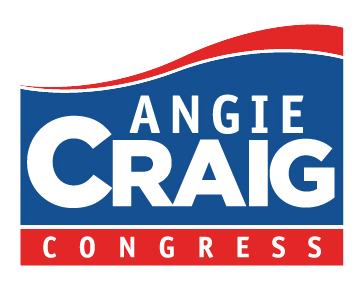By: EMILY CZACHOR
4/7/2020
Last week, 86 U.S. representatives introduced a bipartisan bill that aims to expand eligibility for stimulus payments issued under the Coronavirus Aid, Relief and Economic Security (CARES) Act. The bill, proposed as the All Dependents Count Act of 2020, would amend the original legislation’s criteria to discern which U.S. citizens, permanent residents and qualifying nonresidents are entitled to federal rebates, and which are not.
If passed, Congress’ new bill would extend the CARES Act’s definition of a “dependent” to allow more families to receive rebate payments for dependent individuals who do not qualify according to its current interpretation.
If the bill passes, parents with dependent children (those who have not covered more than half of their own expenses and lived with the providing taxpayer for more than six months) between the ages of 16 and 19 years old would receive a $500 recovery rebate for each child. In addition, adult dependents who are students and less than 24 years old would qualify under the terms of the All Dependents Count Act, meaning their providers would still be eligible to receive $500 recovery payments. Finally, individuals claiming dependents of any age who are disabled would also receive a $500 recovery payment per individual.
In its present state, the CARES Act—a $2 trillion relief package signed into law on March 25 to counter economic fallout amid the new coronavirus pandemic—stipulates that individuals can receive up to $1,200 in rebates, while married couples can receive up to $2,400. Individuals and couples whose adjusted gross incomes amount to $75,000 and $150,000 per year, respectively, are eligible to recover the full amounts. The rebate sums are adjusted for individuals and couples whose earnings surpass those thresholds but do not exceed $99,000 and $198,000 per year.
The CARES Act offers further payments to parents, stating that they can additionally receive $500 per “qualifying” child. Parents with children older than 16 years do not qualify, nor do adult dependents of any age qualify for their own rebate.
“In the middle of a pandemic, we need to look out for our working families and make sure we are doing everything we can to provide financial support to those most in need,” said Minnesota representative Angie Craig, who authored the All Dependents Count Act, in a statement when the bill was introduced. “When I learned that we were leaving out dependents over 17 and students up to age 24 as well as the disabled, I knew we needed to introduce legislation to fix this immediately. I urge the House to take up this legislation as quickly as possible or to correct this retroactively to the CARES Act in the next bill.”
